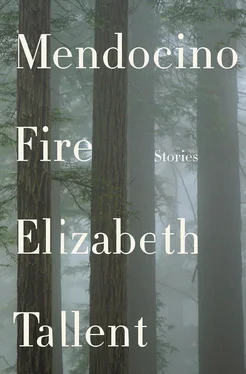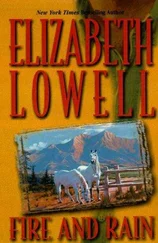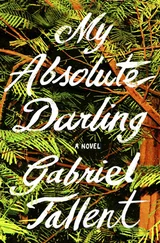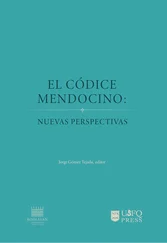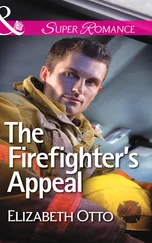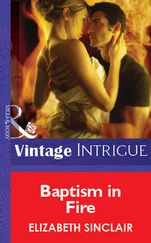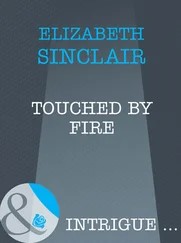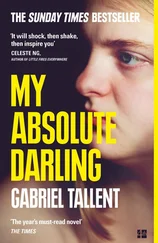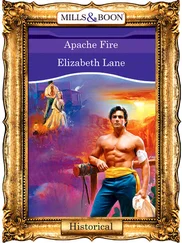Her face gives her trouble as a teacher. Irony has inscribed certain lines; insincerity, others. The insincerity is estranging — estranging her from herself, that is, for she feels, inwardly, like the most honest person on the planet. Inwardly she is plain and kind, emotionally Amish. But outwardly, no. Outwardly she is a professor. With a mocking lift of her brows, she has more than once accidentally silenced a student, and been stunned that it happened so fast. Now she strives, facially, for serenity. As a child in the depths of a great museum she was struck mute by the impersonally eloquent eyes painted onto the linen wrapped over the face of the mummy — no detachment, no trace of aversion, rushed to defend her huge, vulnerable heart from the perfect painted face tenderly laid against the true, hidden visage whose corruption seduced the imagination into graphic detail. That was going on right below the painted face whose uncanniness told her I was alive , whose individuality, almost completely submerged in stylization, was more poignant for having barely made it through. For the first time she comprehended death. Once, a real person had spoken through those lips, a person had looked out from those eyes pointed at both ends. That was why they took children to museums. She had been meant to understand this great thing they all understood, whose inevitability they could somehow (she did not see how) bear, which they expected her to spend the rest of her life knowing: death, first recognized in the depths of the museum, would be alive for her now her whole life long, and could never be un-seen. They had afforded her neither preparation nor protection, and this treachery, this cold willingness to let her see what she saw, could not be explained. Inconceivable, the demented precision of this blow aimed at her by forces pretending to be benign. Hours later, in the backseat of the station wagon trundling south on the highway leading away from the city, she had fallen asleep. When she woke, she was looking out of eyes pointed at both ends.
Once another professor, a handsome old charmer and taunter, had asked her by way of flirtation what she wanted on her gravestone. For years, long after losing touch with this professor, who had left for a university on the opposite coast, she thought about the question. She wrote and rewrote her gravestone, always with him in mind, recalling that particular moment at the party when he had come up to her and with two fingers touched the inside of her wrist, exposed because of the way she was holding her glass, and then, as if his somewhat intrusive but tolerated touch required its counterweight in charm, he had smiled a beautiful male smile within a dark beard and asked his question, and she has been answering him ever since, though he died years ago.
Her by-now-experienced soul (but her heart is no bigger than it was when she was a child) gazes out through pointed eyes at students whose great museum is all of literature. Her corner of the museum is in English, which she has always loved — which she will love to her dying breath. Here come students. Why do they love it? What do they want? Is the end of such love inevitable, will there be a last English major? Will he be eyebrow-pierced and tattooed, a prowling, scanning searcher-boy invoking the name David Foster Wallace, could she be that raggedy ann — haired anorexic cross-legged in the last of four chairs in the hallway outside the professor’s door, this girl with tattered Golden Notebook upheld? They come. They are enthralled. The professor likes how enthralled they are. It is an old thing, a deep thing, to be enthralled. While enthralled they are beautiful. She could swear that an enthralled reader nineteen years old is the most beautiful animal on earth — at least, she’s seen one or two who were, in their spellbound moment, the incarnation of extremest human beauty. They were not themselves. Literature looked back at her from their eyes and told her certain things she was sure they ought not to have understood at their age. They had gotten it from books — books with their intricacies and the things they wanted you to know about love and death that you could have gone a long time not knowing if you had not been a reader, and which, even when you were a reader, you saw as universal truths that did not apply to you .
When the professor sees that a student loves a certain sentence, her heart lifts as if she’s been told Great news! You will never die! Why does it feel like this? That book in that student’s hand has nothing to do with her. It’s just luck she’s in the same room.
In the center of a roundabout, a paved orbit around a central island whose white gravel is set with concentric circles of a kind of agave she happens to know are called foxtail after the slender oblong upheld sleekness of their array of pointed leaves, the professor watches while bicycles skim past within arm’s reach, hundreds of bicycles. If she stood here long enough she could easily witness the whirling transit of a thousand bicycles, with her as their still center. Either extinction or a drastic diminution of population worldwide is inevitable within their lifetimes, according to research well known by the students. Here we can make some really big, really simple connections: we can cease to care, for a moment, how it looks to make big simple connections instead of subtle small ones. So. The same world that warns them of extinction bestows toys for them to carry, to key, to rub with their thumbs in swift ovals, to insert into those apertures called, in Hamlet, the porches of mine ears , natural distance between brain and music annihilated, the cacophony nudged deep, close, too close to the species’ most exquisite bones. That is the point of the ten thousand toys. They are not about strangeness and newness after all. They seek innateness, sensual invisibility, the body’s quality of being not-there to itself. In their insinuated proximity they elude the soul’s attempt to differentiate between soul and soulless. Which is basically all that literature has ever cared about, and why it will never cease to be loved . Sure, tell that to yourself, the professor tells herself. The strap of her heavy leather messenger bag rests on her left shoulder, crosses her chest, and fits below her right armpit, an arrangement completed with an inevitable creasing of her jacket, which is black or any of the dozen shades of gray in her closet; not much variation there, not much risk. The bag itself is revolved until it rests snugly against her back, a trick learned from students in the nick of time, just before her neck acquired a permanent ache from one-shouldered weight carrying. Calculate it sometime, the weight of the books you have lugged in your life. Would it equal that of a house, a ship, a small mountain? Bicycles rush at her from nineteen directions. No one hits anyone. Just how this is accomplished — by what unerring divination of one another’s intentions and how many hundreds of swift corrections — she wants to know, to see, or if she can’t see it, if she’s not quick enough to perceive the glance that averts disaster, and she’s not, then she wants at least to be close to it, she needs to know that it happens, that it goes on and on happening.
Her heart has always been the same size as it was that long-ago Sunday when she first saw those eyes pointed at both ends, and she has always felt the same to herself. Secretly, because people are supposed to go through enormous changes, to mature, she wonders if there is something wrong with her, to feel such consistency between who she is now and who she was then when she looked down into those alive-dead eyes. Is something wrong with still being who she was as a child, or is she fine? What book can answer that? Many of them seem to intuit the existence of this question from her , however far away she is in time from the writer of the book, however remote, and in this context the right adverb to modify remote is impossibly . A great many of the books she loves most hold this question. It’s in there somewhere, the question, if not the answers, and why is it enough, in reading? Why is it beautiful simply to find your own questions?
Читать дальше
